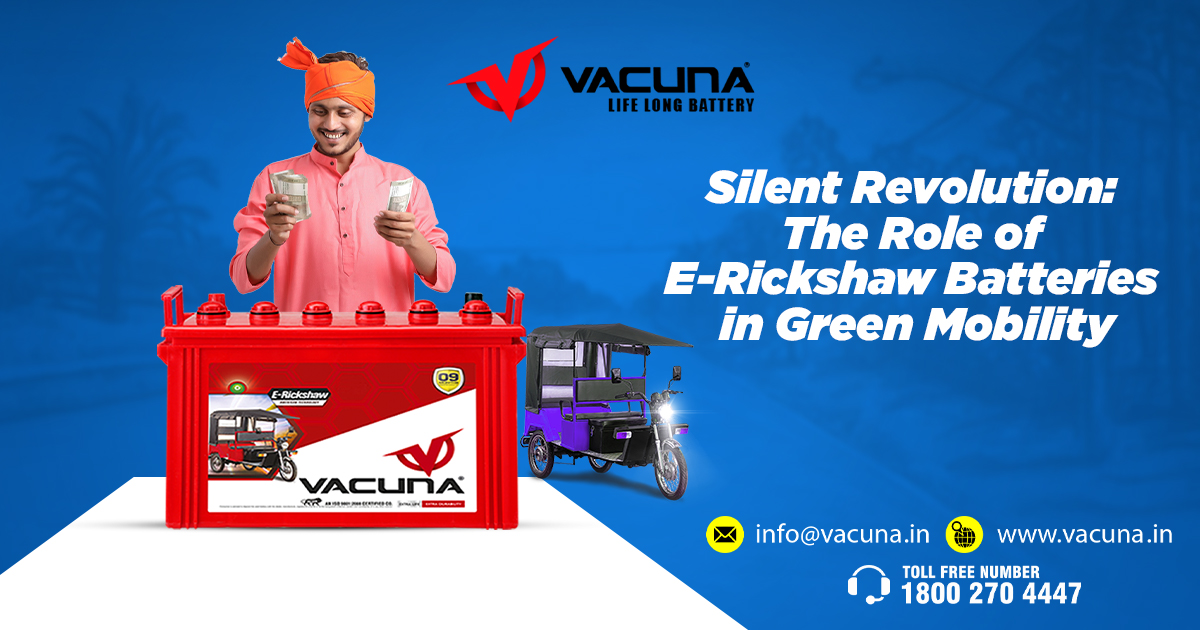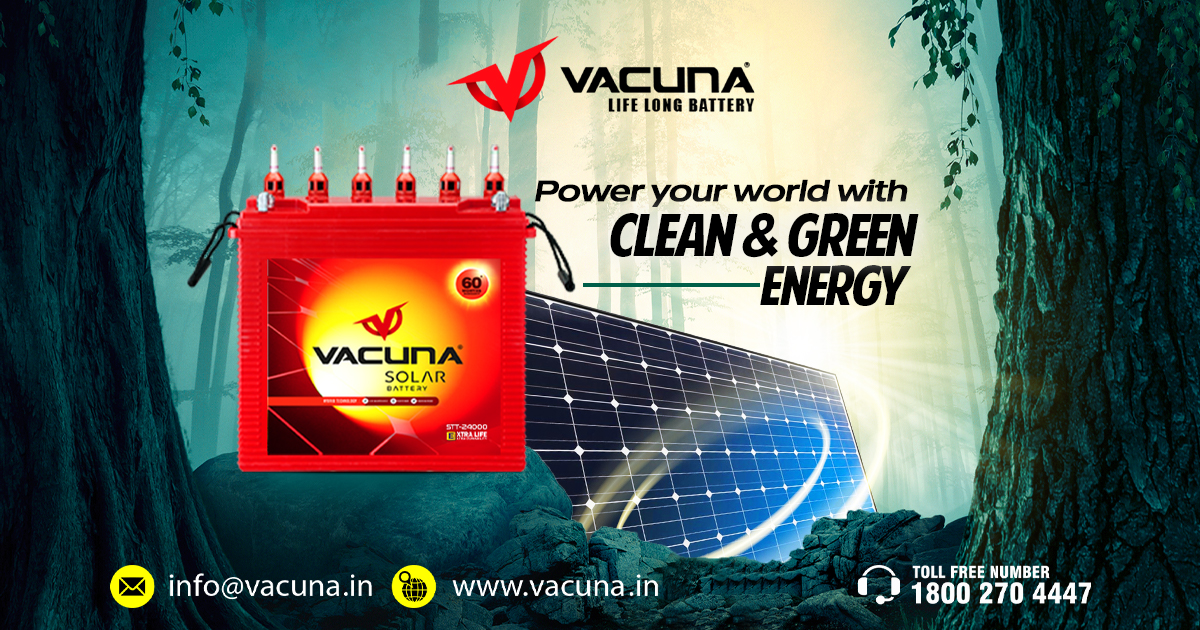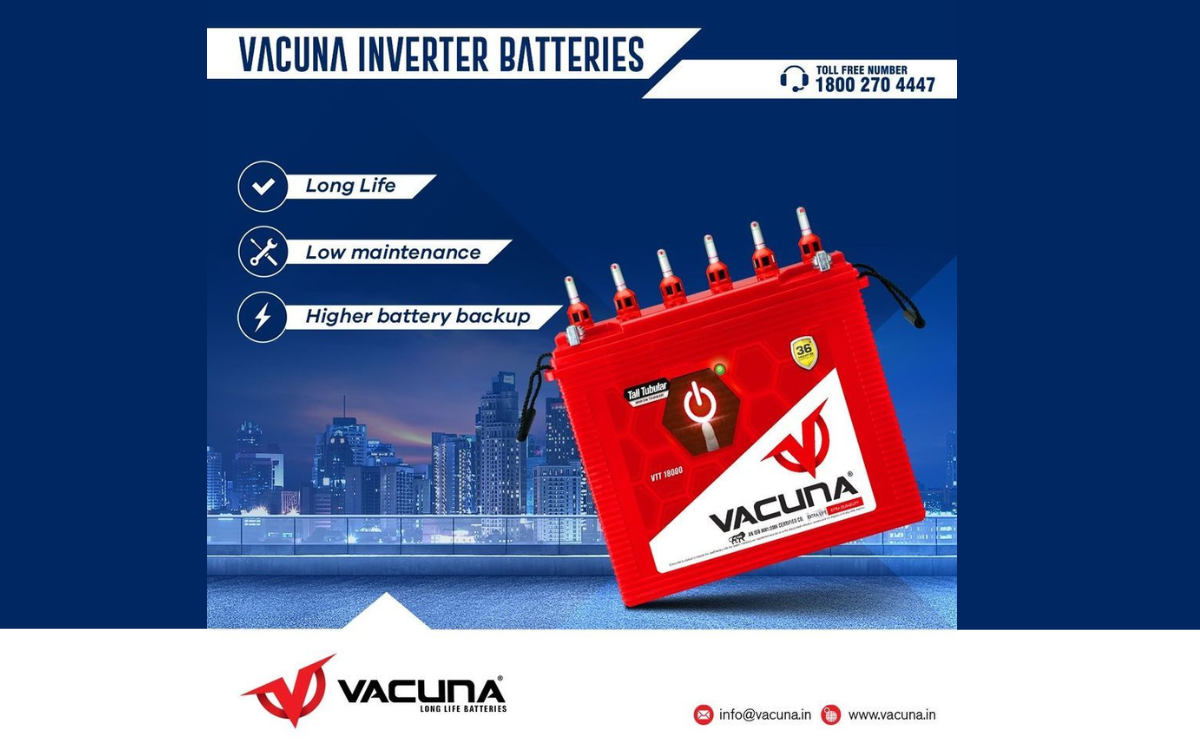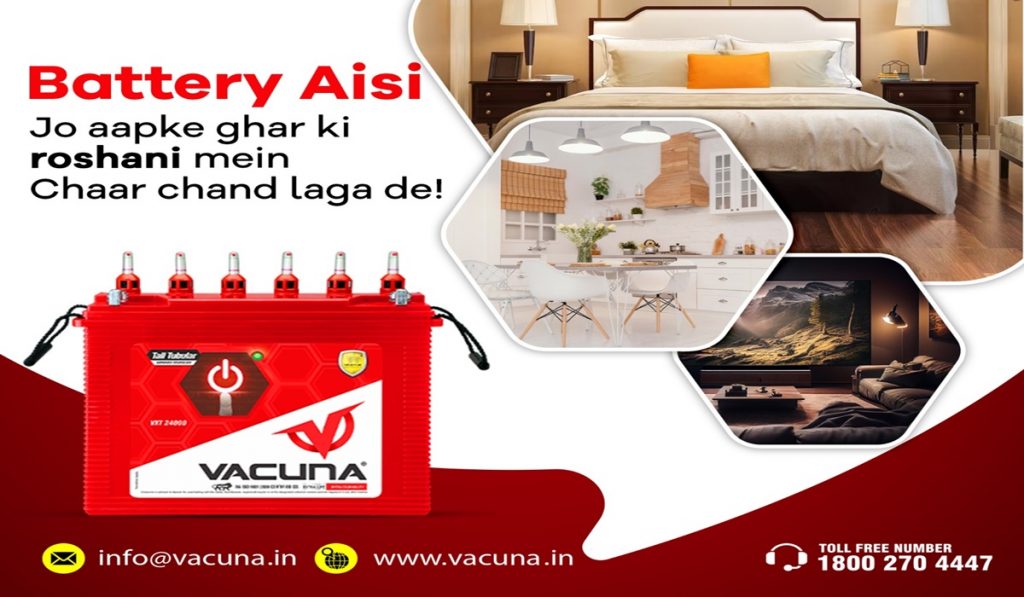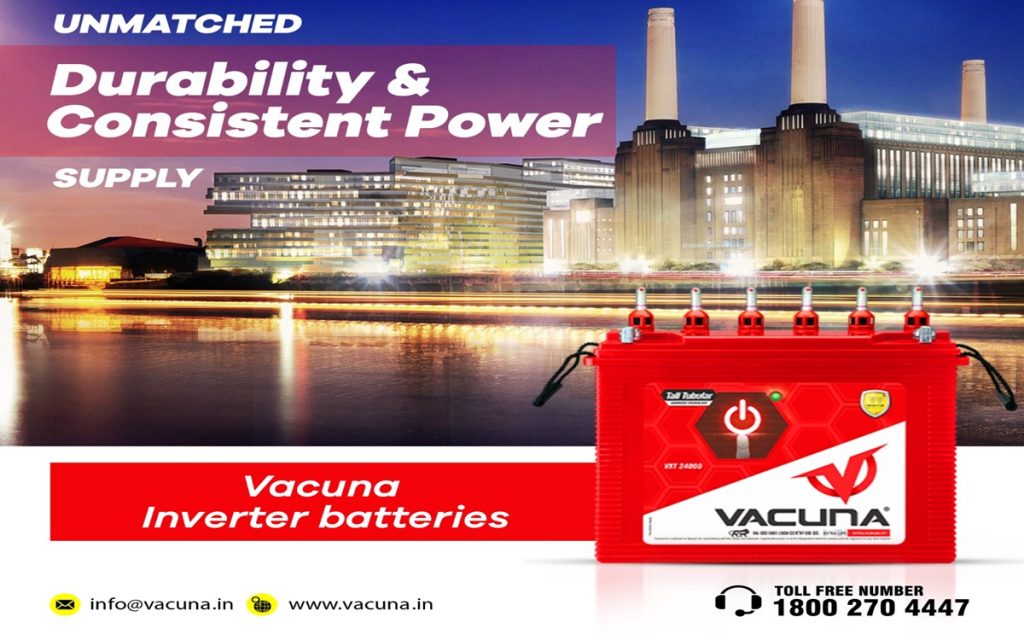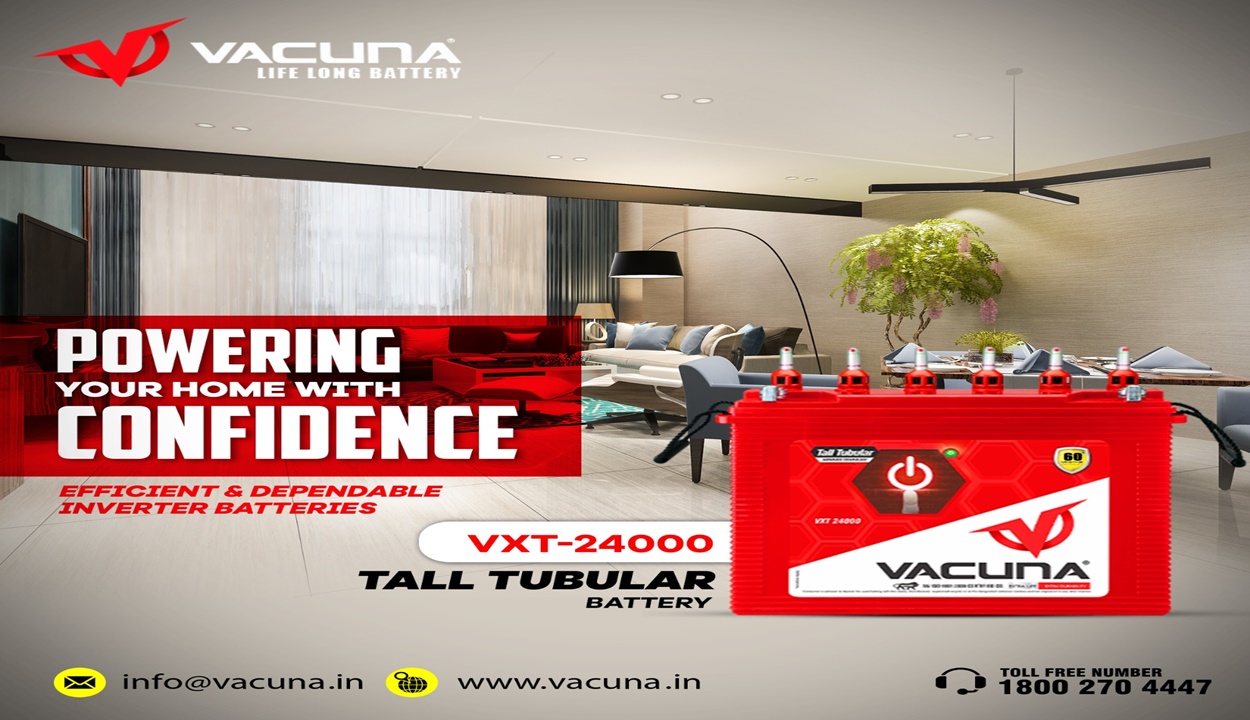Inverter batteries are the silent heroes that ensure uninterrupted power supply to our homes and offices, especially during unexpected outages. As a leading manufacturer of inverter batteries, Vacuna understands the significance of maintaining these essential power sources for optimal performance and longevity. In this article, we’ll share valuable maintenance tips to help you get the most out of your inverter battery, ensuring reliable power supply for your home and office needs.
Choosing the Best Inverter Battery: Vacuna’s Commitment to Quality
Before diving into maintenance tips, it’s essential to select the best inverter battery for your home or office. Vacuna offers a wide range of high-quality inverter batteries, renowned for their durability, reliability, and performance. Our batteries are designed to meet the unique demands of homes and offices, providing seamless power backup during outages. With Vacuna, you can trust that you’re investing in the best inverter battery for your needs.
Inverter Battery Maintenance Tips for Longevity and Performance
1. Regular Inspection: Perform regular visual inspections of your inverter battery to check for any signs of damage, corrosion, or leakage. Ensure that all connections are tight and secure to prevent power disruptions.
2. Keep It Clean: Dust and dirt can accumulate on the battery terminals over time, leading to poor conductivity and reduced performance. Clean the terminals regularly using a soft brush and a mixture of baking soda and water to remove corrosion and buildup.
3. Monitor Water Levels: If you have a lead-acid inverter battery, check the water levels regularly and top up with distilled water as needed. Ensure that the water covers the plates adequately to maintain optimal battery function.
4. Avoid Overcharging: Overcharging can damage the battery and shorten its lifespan. Use a quality charger with built-in safeguards to prevent overcharging and avoid leaving the battery connected to the charger for extended periods.
5. Proper Ventilation: Ensure that the area where the inverter battery is installed is well-ventilated to prevent heat buildup. Excessive heat can degrade the battery and affect its performance.
6. Scheduled Maintenance: Consider scheduling regular maintenance checks by a qualified technician to ensure that your inverter battery is in optimal condition. Professional maintenance can identify potential issues early on and prevent costly repairs down the line.
7. Invest in Quality: Choose a high-quality inverter battery from a reputable manufacturer like Vacuna to ensure longevity and reliability. Look for batteries with features such as deep discharge protection, low maintenance requirements, and high energy efficiency.
A well-maintained inverter battery is essential for providing uninterrupted power backup to your home and office during outages. By following these maintenance tips and choosing the best inverter battery for your needs, you can maximize longevity and performance, ensuring reliable power supply when you need it most. With Vacuna’s range of top-quality inverter batteries, you can rest assured that your home and office are always powered up and protected against unexpected power cuts.

